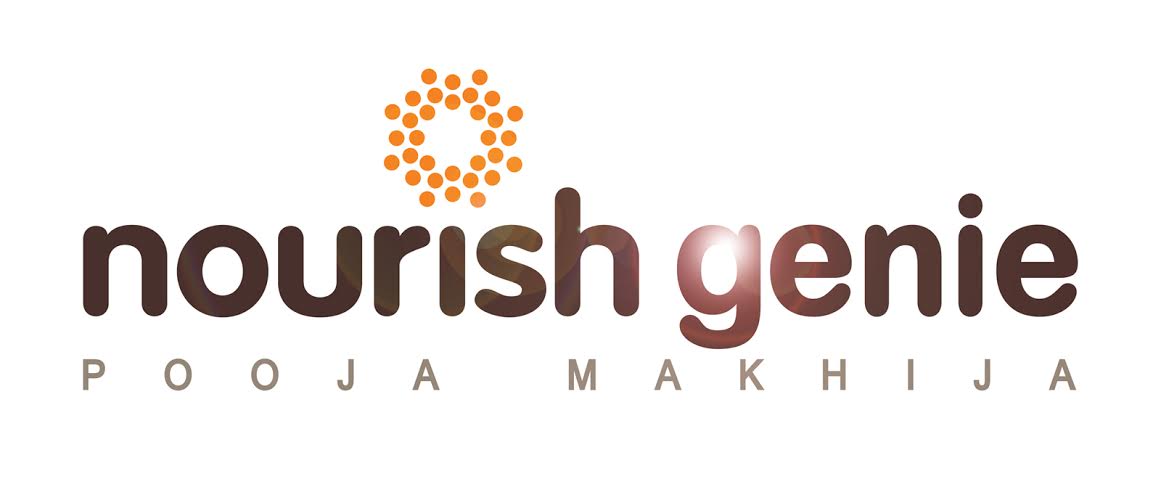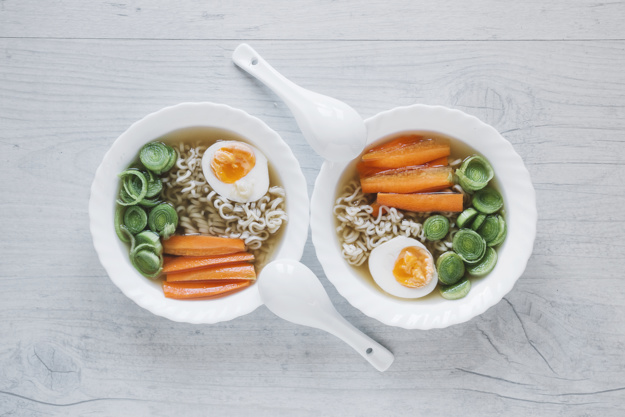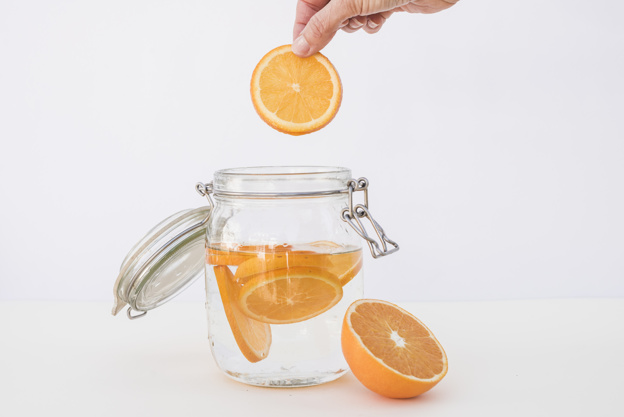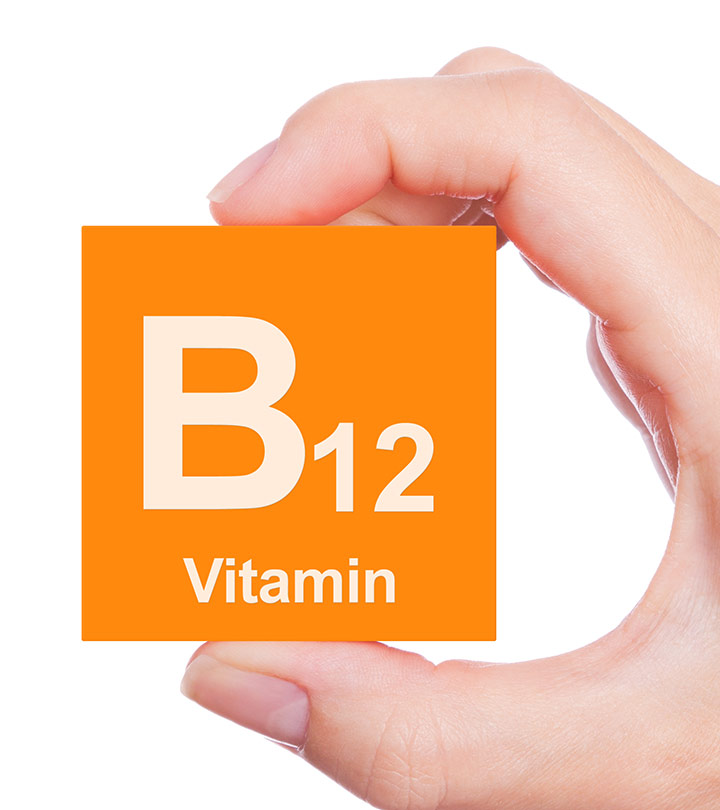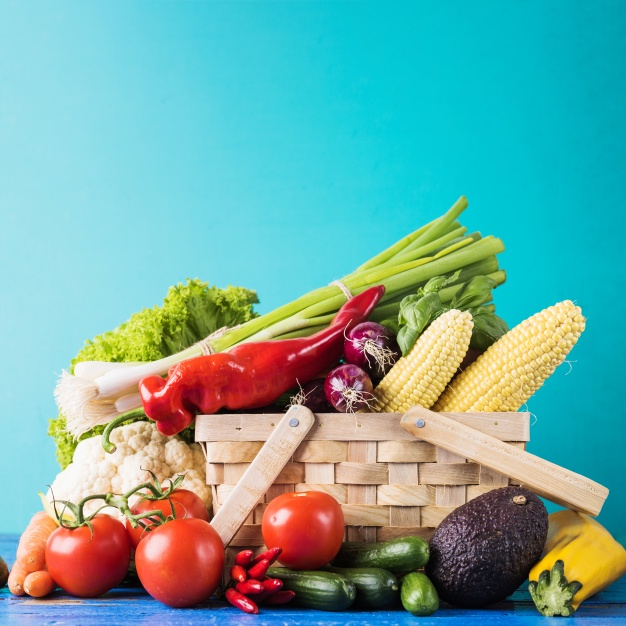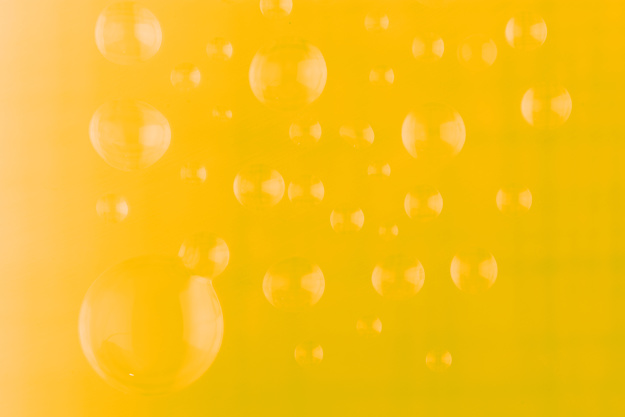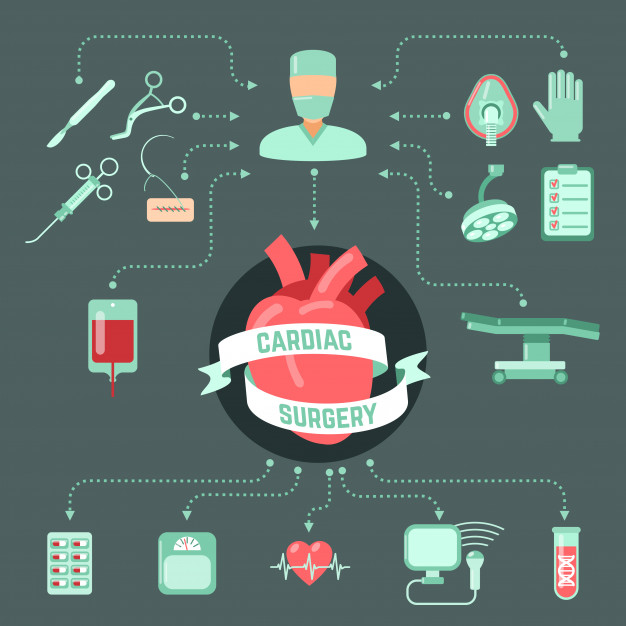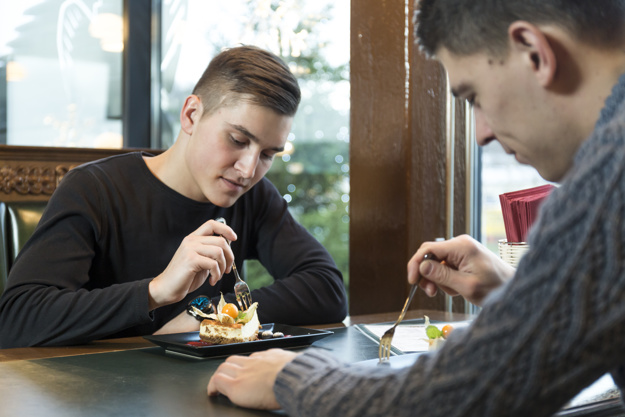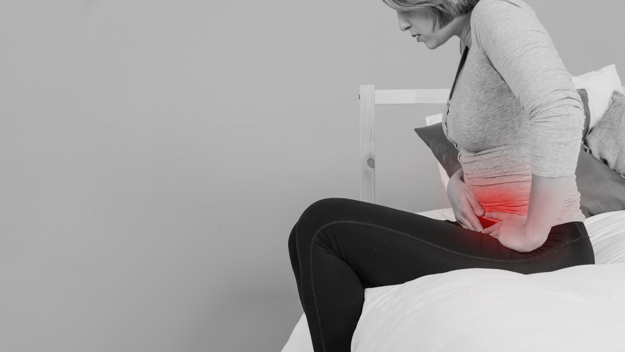Dear Pooja,
I am 29-year-old unmarried woman and planning to go for a trek to Manali after two months. Since trekking requires one to have good stamina, I would like to know the right diet that will help me increase my stamina levels. Currently, I feel tired when I run or brisk walk even for a short while. Please let me know which foods I should eat. Thank you.
Lets thank the Manali trip that triggered you to wake up and address the signs your body is giving you. In this roll-a-coaster life where we are so tuned to listening to every beep of our mobile distinguishing the sounds easily between an email, sms or or a what’s app – but the signs our body gives us so easily goes unnoticed. Weakness, breathlessness, poor stamina amongst others are all signals of under-nutrition, vitamins, minerals and/or amino acid deficiencies. Firstly I’d suggest you check your hemoglobin and serum B12 levels and have these deficiencies corrected as low levels of these are directly related to the signs you have mentioned above. Gaining long lasting stamina may take a little more love care and attention in your day-to-day diet and exercise regime over a long-term basis but you should see some definitive improvement within two months as well.
A visit to a nutritionist can teach you what your daily requirement for proteins and carbohydrates is and how to divide this effectively into several small meals to fuel your systems adequately. Keep the focus on good quality and quantity of proteins daily along with a good tilt toward fresh fruits and vegetables. Avoiding excess sugar and fat always goes a long way in terms of a fit and healthy mind and body. As I always suggest eating small meals every two hours not only improves metabolism and aids weight loss, it also makes sure that the body gets a steady supply to energy without any peaks or troughs in the blood sugar levels – this is one main essential for sustain Duracell stamina levels. Sorry I was unable to give you exact foods and quantities cause that requires me to know many details about you to help you in complete totality. All the best, hope you enjoy your trekking trip with great vigour and strength.
Dear Pooja,
I have been an egg lover for years but now that I have reached almost 35, people say i must not have so many eggs in one day. I am not fat, just a little overweight but I end up eating too many eggs in a day. (around three at least) People have asked me to stop eating yolks but that is the tastiest part of the egg, so i cannot! I walk three to four times a week for around 45 minutes… and that is the only exercise i ever do. Should I stop eating eggs? Are they really bad for my age?
Please advise.Eggs and bad? Never! How can something that has so much nutrition and so little calories ever be bad for you? At only 16 calories, the egg white provides a massive 4 grams of protein and is a 100% reference protein, which means that it all has all the nine amino acids needed for full utilisation by the body. Thus I can easily say that consuming about three to four egg whites can be a safe number for most adult to have on a daily basis. Yes, depending on you lipid profile and other healthy parameters, the number of yolks you can have weekly will have to be decided. The yolk may be tasty (for some) but there is some caution needed while having this daily – therefore discuss this with your doctor or nutritionist to get the exact count.
But egg whites are the safest, healthiest and most easily accessible form of complete protein that one should try and include daily. It helps one get better muscle tone, weight loss, stronger and longer hair and nails, lesser sugar cravings, better stamina, more attention and retention powers while studying, lesser aches and pains and this list is endless. Therefore let nobody fool you into stopping the egg whites Shikha, enjoy them daily – guilt free!
Dear Pooja,
I am 37, 58 kg, and my height is 5.1. Last year I had taken a herbal slimming pill for one month (LIDA) and lost around 10Kg. had felt energetic and less hungry and great during that time but, my bowel movement which had always been regular till then, went haywire – once in two days etc. I stopped after a month and in two months came back to my previous weight of 56-58kg. Just wanted to know what should one eat that acts as laxatives and keeps the system clear? What can help to detox? Which foods can help? I am a non-vegetarian and rarely have vegetables and fruits.
If there were such an easy way to lose weight (and maintain it) would more than half of the world’s population be overweight? There are no short cuts to weight loss darling I hope you have realized that now (perhaps the hard way). Each of these short cuts – pills, creams, starvation fads, machines – all come with their bag full of side effects – constipation, hair loss, headaches, joint aches, blood pressure fluctuation, brittle nails, dull skin and the list is endless.
You ask me about detox, why should one need it? If you eat food in moderation (healthy and unhealthy), drink ample water, exercise three-fours a week – your body knows how to purge and clean itself – that is the magically power of this human body. By torturing (yes, its sometimes even more harsh than torture) with pills and medication or starvation in the name of weight loss – that is when your body needs a detox – not from food but from these unhealthy practices. God has gifted each of us one magically body – that relentlessly works 24*7 like clockwork – learn to respect this temple. Nourish it with food not pills and you will never need doctors, nutritionists, dermatologists and the like again.
And lastly you asked me about constipation and how to relieve it – well you also did give the answer yourself – you eat no fruits and vegetables! If do not provide the fibre and roughage then how can you expect to have clear bowel movements? Include at least four to five vegetables and fruits (whichever you like from the vast bounty that is available) servings a day along with adequate hydration and you should be able to help yourself without artificial laxatives.
Dear Pooja,
I am in college and I have been working out in the gym from the past 5 months. I first started out by doing cardio and rigorous weight training in the gym during my break, then when college started, I started running for 45-50 min in the park. I would sometimes do 50 min cardio in the gym (25 min cross trainer and 25 min running on the treadmill instead for running out in the park). My diet is extremely healthy, I make it a point to eat healthy home cooked meal. I sometimes each red rice or jowar roti or normal roti during meals. I each 3 fruits during the day and plenty of water. As I belong to a Punjabi family, we eat non-vegetarian dishes cooked in minimum oil 5 times in a week. But my mom compensates that with giving us lots of vegetables to each. I eat an egg every day. I don’t indulge in deserts and i avoid fried foods. Despite my efforts, I’ve gained 6 kgs in the past 4 months. Could you help me with the same.
To start with I must say I am happy to hear that as a teenager (assuming that since you said college) you are trying to lose with food and not without it – as most would just think of food as calories and thus the main culprit to weight gain. Food is your sole nurturer and growth provider – never ever shun away from it.
Now to comment on your diet- at the first glance absolutely nothing looks wrong in your eating pattern that would cause this weight to go up – you are doing a good balance of input (food) and output (cardio). It seems to be a good balance of carbs (brown rice, jowar roti), proteins (non veg + egg), vitamins and minerals (3 fruits+ vegetables).
However, Sanjana please note that your input (however healthy) has to within the specific need of your body. When I say ‘need’ I mean that every body has its BMR (basal metabolic rate), which is the minimum calories it needs for its own basic functioning. Weight gain is a consequence when the input is more than the output. To perfectly know your body’s need you could ask for professional advise or even calculate your BMR using online tools that only need your height, weight, age and gender to calculate the same for you. In my book – Eat.Delete I have taught you how to do this and then also pick up a diet as your BMR that will give you the total amount of food you need to eat in a day.
Sadly I have no simply answer to give you for your weight gain – but remember our body is a magnificent machine that works relentlessly day and night – its needs thus are special and require a little fine tuning when we are talking about losing or gaining weight. Learn this delicate balance once and your body will respond to it marvelously and continuously. Whatever you do never give up your faith in food – that then is my mission accomplished!
Dear Pooja,
I am suffering from low vitamin B12 levels since I follow a strict vegetarian diet. I had been prescribed medicines twice by doctors in the past since I was suffering from recurring fever due to low B12 levels. Both times I got extreme acne eruptions all over my face, which took almost two years to subside after stopping the medicines. Normally, I have seen that B12 is found in non-vegetarian food items (liver, meat, eggs) or diary products. The problem is that since I am acne prone, I am unable to consume diary products since they cause eruptions. Could you please suggest some plant-based food items that could help increase my B12 levels.
Vitamin B12 is necessary for the synthesis of red blood cells, nervous system functions and growth and development in children. Deficiency of this vital vitamin causes lowered immunity, symptoms of fatigue, poor memory, depression, even tingling in your hands and feet. As a vegetarian you don’t have much access to B12 in your diet other than a little from the milk and milk product that you may be consuming. Now milk can sometimes trigger acne eruptions if your body is unable to digest it properly – this leaves you with no dietary source of B12 sadly. I highly doubt that the oral B12 supplements were the cause of the eruptions on your face that you noticed the last two times. B12 is an essential nutrient and if you cannot obtain it from the diet then oral supplement becomes essential. Another option that you could try would be to ask your doctor if he can give your intramuscular injections of the vitamin. When the levels are very low and the immunity is thus affected this route is usually advised. Check with your doctor for the same. Take better care of skin hygiene with a good balanced diet containing ample hydration for improved skin but don’t hesitate in correcting the your vitamin deficiencies. Good luck!
Dear Pooja,
I am 21. Becoming overweight is my problem. I have put on about 15 kilos of weight in the last three years. I tried many ways – walking, swimming, dieting – but gained weight. I did not get benefits from any of that. Maybe because I expect quick results that I get disappointed. How much time is needed to lose weight? Which is the best healthy and economic way to lose weight?
Just like any vocation or course that you would be currently studying Jwala, the knowledge and the experience will stay with you for the rest of your life not just until you are in university studying it. Similarly food, exercise and body weight all part of a continuous circle. Maintaining body weight is not a one-time effort that you try, succeed or fail and then drop the actions that took you there. You are what you eat – your weight is nothing but a balance of how much you eat and how much you burn (exercise). Learning this art of balance is a one-time deep, rooted-effort that each and every one of us must make and then maintaining your body weight will be easy as the that friend or colleague that you always envy has got it lucky. Walking, swimming and eating – all are calorie burning processes – then why would they not let you lose weight? But while burning the calories through exercise if you are eating just as much or maybe a little more then you cannot see the scale go down. Calculate your need (BMR – through several online tools) and then break up your day’s meals to fit in that number. Now increase the burn by doing an intensity and duration controlled cardio daily – do this consistently for a few weeks (there is no short cut to losing weight) there is no way but to lose that fat that is bothering you. Once you succeed in this effort please do not let go of this awareness and this basic balance of input and output and you shall never have to fight the battle of bulge again.
Dear Pooja,
My sister was diagnosed with jaundice earlier this month. She is recuperating at home now. Currently, she is on a liquid and soft food diet. She feels weak all the time. We eat non-vegetarian food at home. I was wondering if you could help us with what she can start eating and what she should avoid. Are there any particular snacks we should give her?Jaundice has a direct effect on the digestive system thus taking care of what you eat can help you recover faster. Low fat and high fluid diet is the key emphasis. To maintain the fluid and electrolyte balance hydrate yourself with ample amounts of water, chaas, coconut water, soups, juices, smoothies and milkshakes. Eat small frequent meals so as not to load the system at one time. Good quality and quantity of protein is important to recuperate faster. White lean meats like chicken and fish can be lightly steamed or grilled and consumed about two to three times a week. Egg whites are excellent in both their quality and quantity of protein so please add them generously to your daily diet. Foods to avoid include all fried and heavy calorie laden foods including cakes and candies, extra masala and spice, extra fibre – thus peel the fruits and avoid vegetables like with more seeds like cucumber, brinjal, tomatoes, stay away from carbonated drinks and excess caffeine as they irritate the gut. Home cooked food in good hygiene, less oil, lots of fluids and even more love is the quickest and easiest route to hasty recovery. Get well soon!
Dear Pooja,
My father, 72, had an open heart surgery a few weeks ago and is better now. He did not have a heart attack, and he does not have diabetes nor high BP. What are the kinds of foods he can have now to gain back his strength? He is slim and had been otherwise fit always and is a vegetarian.Your father can most easily be the best example to what I say over and over again ‘You are what you eat’ being a wise eater thus the absence of any excess weight baggage and like you said fit always’ and therefore is metabolic disease free even now. The reason for an open-heart surgery could very well be age related plague deposition as the most noticeable characteristic of vascular ageing is the change in the mechanical and structural properties of the vascular wall. Now to help him regain his strength first focus should be on better quality proteins – being vegetarian please ensure you are giving him one-two servings of dal/pulses/sprouts daily – low fat milk and its products and if possible introduce some quinoa and soyabean weekly. Vitamins are another point to emphasis thus ensuring no micro nutrient deficiency leading to delayed healing. Two-three servings of vegetables plus an additional raw veggie juice daily (minimum three colours of vegs) along with two-three servings of fruit daily should do the trick. Ample hydration, adequate sleep and slow walks for about 15-20 minutes a day should help in better recoup and recovery. Check with your doctor or nutritionist for basic multi vitamins and some B12 as well as omega 3-6-9 supplements since he is vegetarian. Always keep the faith in the magic and the powers of healthy frequent eating and may he have a long healthy life ahead.
Dear Pooja,
My son is 14 yrs, height 5’3″ but weight is 84 kg. He started a crash diet . I want a healthy diet which can help him reduce weight but with no loss of essential elements .
His daily routine is wake up at 6:30 am and go to school at 7:30am . In school two break at 9:30am and 12:00pm respectively. After that he comes back at 3:15 and goes to the gym at 4:30 pm for a hour. Then comes home to eat some snacks. At night he eat dinner at 8:30 pm. We are pure vegetarian. Please help meIn today’s children awareness about the weight and their body size is setting in earlier then before and especially once they in their teens they are conscious of the way they look particularly in comparison to peers. Teaching them the correct relationship to food at this point (and many a times even much earlier) is most essential else they fall in to the trap of equating food to calories and thus fearing it always. Giving up food or starving then seems to be there only route to losing the excess weight they are carrying. Teaching them the importance of food through its food group system and the significance and function of each is the prime crux. Carbohydrates (which most fear – leave alone just kids) are the prime source of fuel – daily activities of running, studying, playing even just sitting requires energy that comes from carbs and this vital food group is usually the first to be omitted. Lack of adequate carbs leads to growth retardation, poor immunity, low stamina, crankiness and mood swings among a hundred other side effects. Importance of proteins for growth, height increment, wear-n-tear and repair is most crucial. I cant even stress enough on the daily inclusion of fruits and vegetables as this is what will shape their skin, nail, hair, bowel movements and so many essential internal body functions all of which depend on the vital vitamins and minerals nutrients they provide. A balance of these essentials is fundamental to live a life of quality, growth and prevention of disease. Sadly I am unable to provide a diet particularly for your son through this column but I’d strongly recommended visiting a professional that will advise and guide him in the right direction now itself. All the best!
Dear Pooja,
My 17-year-old daughter suffers tremendously during her menstrual cycle every month. During those days, she barely eats and says most foods make her feel nauseous. Are there foods that will help ease her symptoms? Should she avoid certain foods? Does staying active help? Please advise.
Painful periods is a very common problem among teenage girls and women which hinder their normal school related, household or job work. Although some pain during periods is normal, excessive pain is not. The medical term for the same is dysmenorrhea.
Now the diet during these days is the most important and not eating is going the make the symptoms of discomfort worse. A diet rich in carbohydrates (roti, rice, bread, puha, upma and the like) having a good focus of good quality protein (egg whites for non vegetarians and soya, quinoa, pulses for the vegetarians) helps to continue the wear and tear functions of the body smoothly which is high during monthly menstruation due of uterine wall breakdown. So make sure you feed her some of these foods in the any form that she likes – the cuisine, style of cooking and taste can be adjust to suit her taste buds but eating is most essential.
A diet rich in vitamin B6 or pyridoxine helps ease period pain. Include fish, beef, starchy vegetables like potato, banana , rice, fortified cereals in your diet to get good quality B6 or even a supplement (50-100mg) a few days prior to, during and 3-4 days post completion of your periods every month is a good way to alleviate this pain. Among other aids – a warm water bag or heating pad applied to the lower belly area, light circular massage on the abdomen, warm beverages, warm shower or bath and light exercise all help to ease the pain. Good luck!
